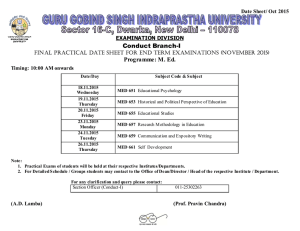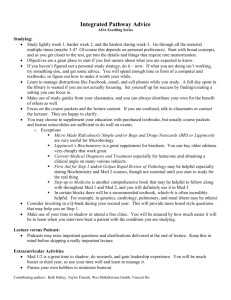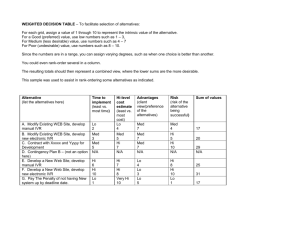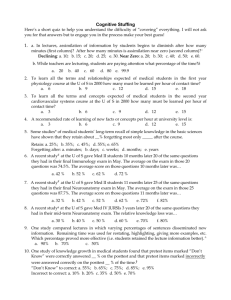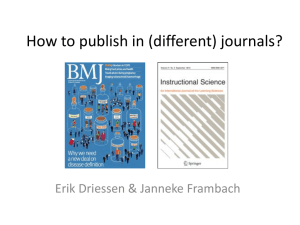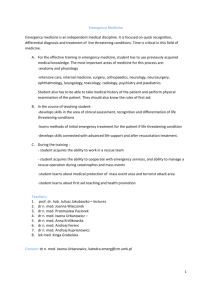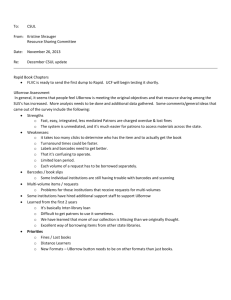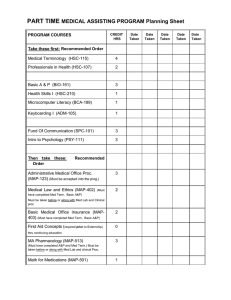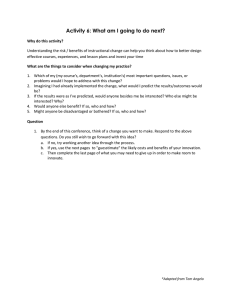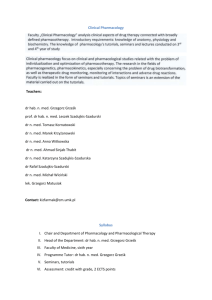References & Links - Curriculum for the Hospitalized Aging Medical
advertisement
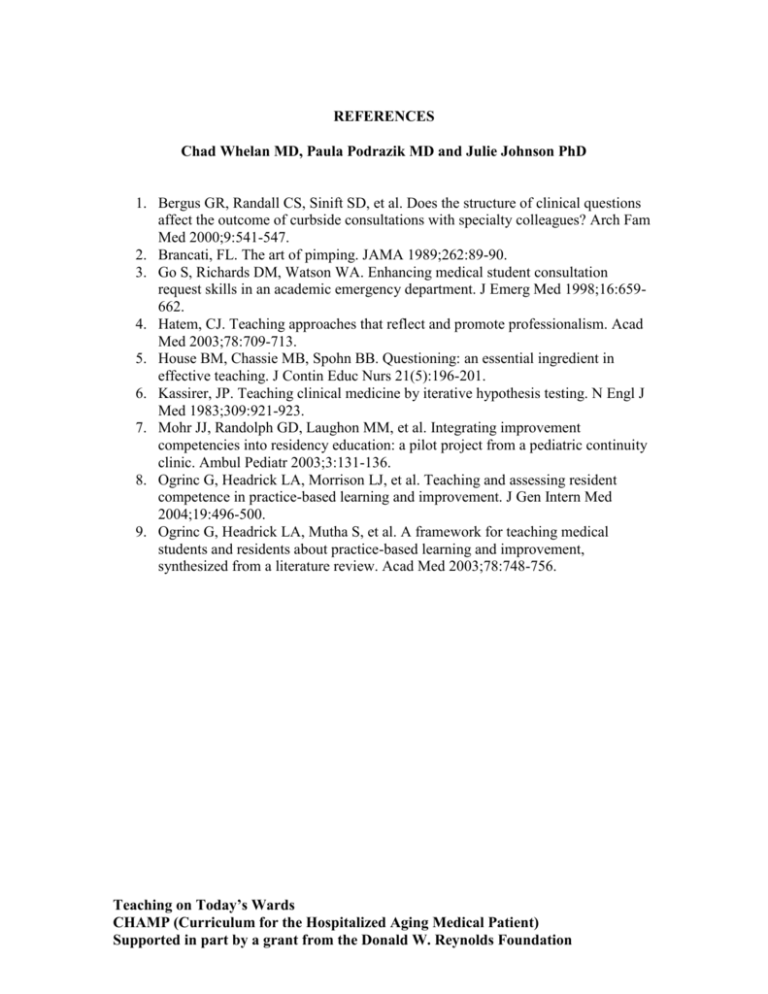
REFERENCES Chad Whelan MD, Paula Podrazik MD and Julie Johnson PhD 1. Bergus GR, Randall CS, Sinift SD, et al. Does the structure of clinical questions affect the outcome of curbside consultations with specialty colleagues? Arch Fam Med 2000;9:541-547. 2. Brancati, FL. The art of pimping. JAMA 1989;262:89-90. 3. Go S, Richards DM, Watson WA. Enhancing medical student consultation request skills in an academic emergency department. J Emerg Med 1998;16:659662. 4. Hatem, CJ. Teaching approaches that reflect and promote professionalism. Acad Med 2003;78:709-713. 5. House BM, Chassie MB, Spohn BB. Questioning: an essential ingredient in effective teaching. J Contin Educ Nurs 21(5):196-201. 6. Kassirer, JP. Teaching clinical medicine by iterative hypothesis testing. N Engl J Med 1983;309:921-923. 7. Mohr JJ, Randolph GD, Laughon MM, et al. Integrating improvement competencies into residency education: a pilot project from a pediatric continuity clinic. Ambul Pediatr 2003;3:131-136. 8. Ogrinc G, Headrick LA, Morrison LJ, et al. Teaching and assessing resident competence in practice-based learning and improvement. J Gen Intern Med 2004;19:496-500. 9. Ogrinc G, Headrick LA, Mutha S, et al. A framework for teaching medical students and residents about practice-based learning and improvement, synthesized from a literature review. Acad Med 2003;78:748-756. Teaching on Today’s Wards CHAMP (Curriculum for the Hospitalized Aging Medical Patient) Supported in part by a grant from the Donald W. Reynolds Foundation
